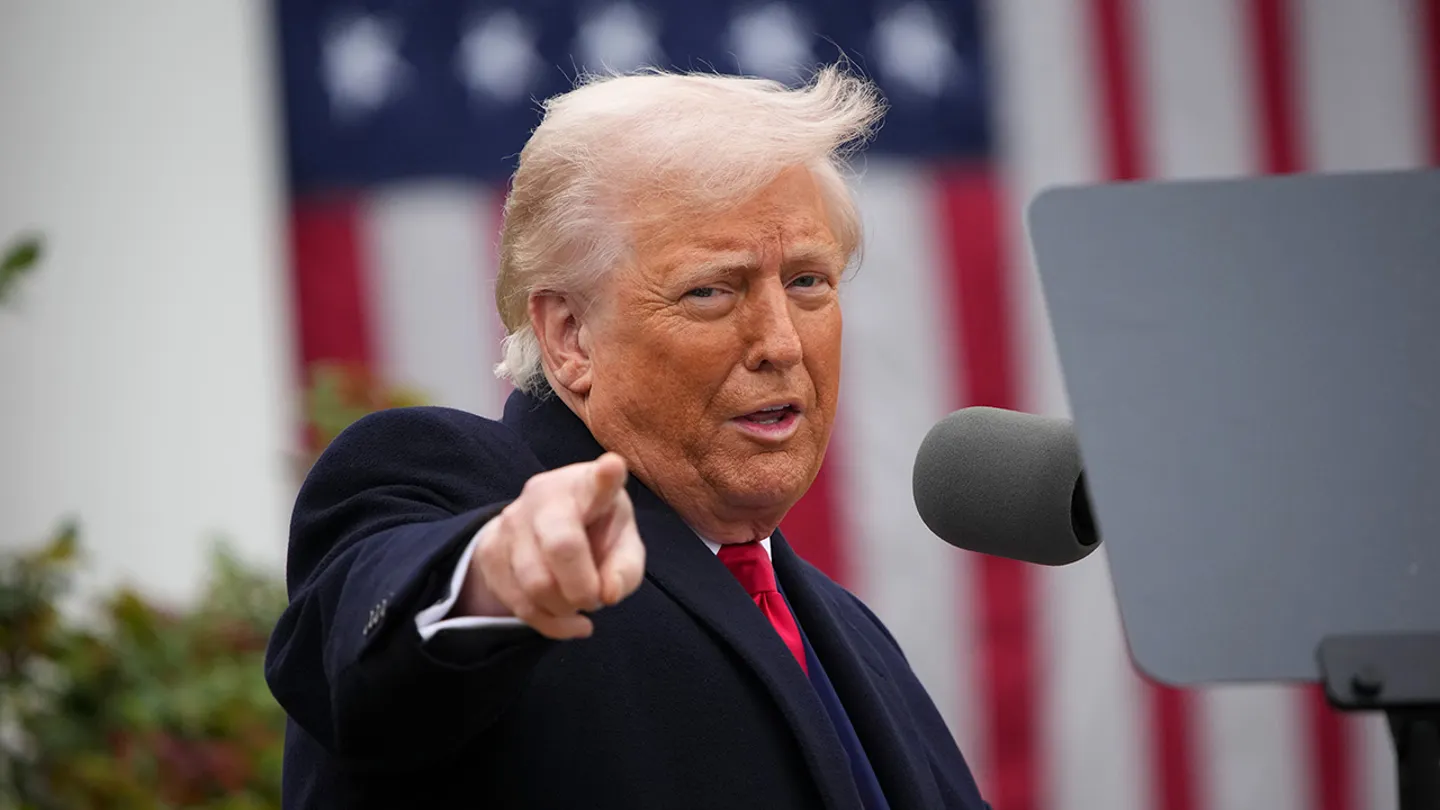### Understanding the Silent Treatment from Trump Administration Officials
In what appears to be an increasing trend within political circles, particularly in the Trump administration, several officials have opted to stay mum when it comes to inquiries from journalists. This silence isn’t triggered by the complexity of the questions posed nor the contention in the issues at stake. Rather, the decision not to respond is based on a seemingly trivial aspect: the journalists’ email signatures.
### The Power of Email Signatures in Political Discourse
Email signatures, typically found at the bottom of emails containing the sender’s contact information and professional title, have become an unexpected barrier in the communication between Trump administration officials and certain members of the press. Instead of facilitating transparency and open dialogue, these email footers have served as a reason—or perhaps an excuse—for officials to withhold information.
This peculiar situation sheds light on the intricate dynamics of media relations in political realms and raises questions about the accessibility of information and freedom of the press. The refusal to engage with certain journalists based on the content or style of their email signatures might seem minor, but it has significant implications for journalistic practices and the public’s right to know.
### Impact on Journalistic Efforts and Public Knowledge
Journalists serve as the bridge between the governing bodies and the public, providing insights, explanations, and often, critiques of political actions and policies. When officials decide not to answer questions based on the format or contents of an email signature, it hinders the flow of information. This practice can be seen as a selective dissemination of information, potentially leading to a less informed public.
The criteria for deciding which communications to ignore and which to engage with remain unclear, leaving journalists in a state of uncertainty regarding the best practices for reaching out to administration officials. This situation not only affects the efficiency of news gathering but also challenges the foundation of journalistic inquiry and government accountability.
### Ethical Considerations and Future Outlook
The ethics of choosing not to engage with professional journalists based on the appearance or content of their email signatures is an area ripe for discussion. It brings to the forefront issues of media bias, selective reporting, and the role of petty differences in serious political discourse.
Looking ahead, it is crucial for both political figures and journalists to work towards more transparent communication practices. This includes addressing seemingly minor obstacles that may prevent meaningful exchanges of information. For the media, adapting to the communication preferences of various sources without compromising their journalistic integrity is key. For government officials, the responsibility lies in ensuring their availability and openness to all media entities, fostering an environment where information is freely accessed and shared.
As we move forward, the resolution of such communication barriers will be instrumental in defining the relationship between the media and the government. It will also determine how effectively journalists can continue to fulfill their role as the watchdogs of democracy, ensuring that the public remains well-informed and engaged in the political process. This ongoing challenge is more than just about email signatures—it’s about preserving the integrity of information exchange in a democracy.










